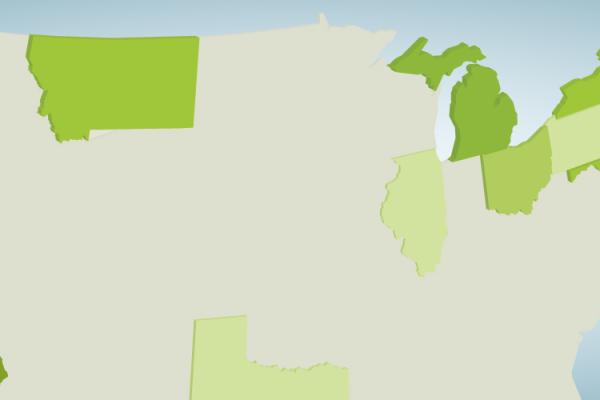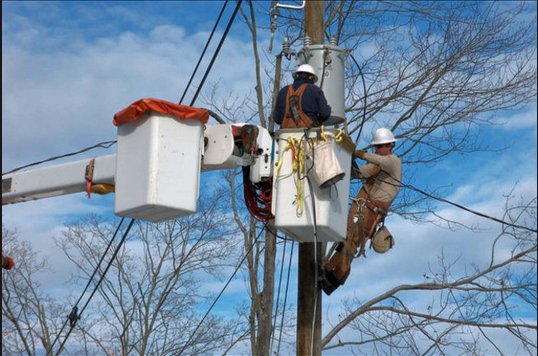

Similarly, Otto said the Idaho Conservation League would like the study to examine the benefits of producing energy locally, versus far away, and the benefits of producing clean versus “dirty” energy.

It said in comparison, the study completed by the utility Rocky Mountain Power, which covers parts of eastern Idaho, took into account the value of solar “to local public health and safety from reduced local impacts of global warming such as reduced extreme temperatures, reduced snowpack variation, reduced wildfire risk, and other impacts.” The Idaho chapter of the Sierra Club commented that Idaho Power’s proposed framework to study the “environmental benefits” of solar energy production was vague. Net metering reform addresses the debate between utilities that seek to cover all the. The proposal doesn’t end there as Rocky Mountain Power also proposed a US60 net metering application fee and a monthly demand charge to be calculated by multiplying the kilowatts of power used. The board is taking comments on the study’s design through the end of this month. Rocky Mountain Institute (RMI), a thought leader on new energy. The study, which Idaho Power hopes to conduct next year, will help the commission come up with a new plan for compensating solar producers.

ROCKY MOUNTAIN POWER NET METERING RATES INSTALL
You are still going to save about 35 percent per month if you install solar, but you won’t save as much as you were before. Any changes in rates does not affect the profit of Rocky Mountain Power, Murphy said. “We are looking to make some updates to those policies to try to make it just a little more fair and balanced for all our customers,” he said. The current average bill under net-metering would increase from about 55 a month to 74, according to Rocky Mountain Power. Communication Specialist Jordan Rodriguez argued those users aren’t paying their fair share of the utility’s maintenance and distribution costs. People who already had rooftop panels before a 2019 PUC ruling are able to sell solar power back to the grid at the retail rate of electricity.īut Idaho Power has been fighting for this arrangement to change for recent and new customers. “One of the core things being studied for the new program is whether there should be a difference between what you pay to consume and the value of that export from your roof,” said Ben Otto, an energy associate with the Idaho Conservation League. The utility has also requested that two new fees be implemented an interconnection application fee of 150, and a meter fee of 160. The utility charges between 10.7 and 14.5/kWh for residential electricity. The Idaho Public Utility Commission gave Idaho Power the go-ahead to study net metering – specifically, the costs and benefits of extra energy produced by customers using their own solar panels. The current value for net metered solar electricity is 9.2/kWh. An upcoming study by Idaho Power could determine how much the utility will credit people who produce extra solar energy and send it back to the electric grid.


 0 kommentar(er)
0 kommentar(er)
